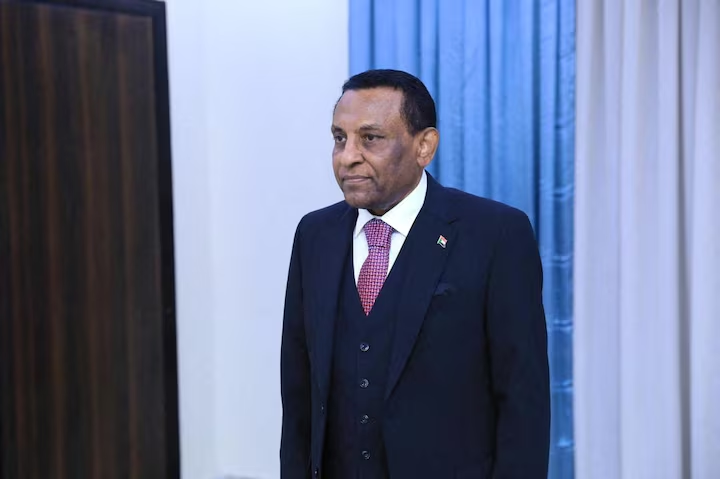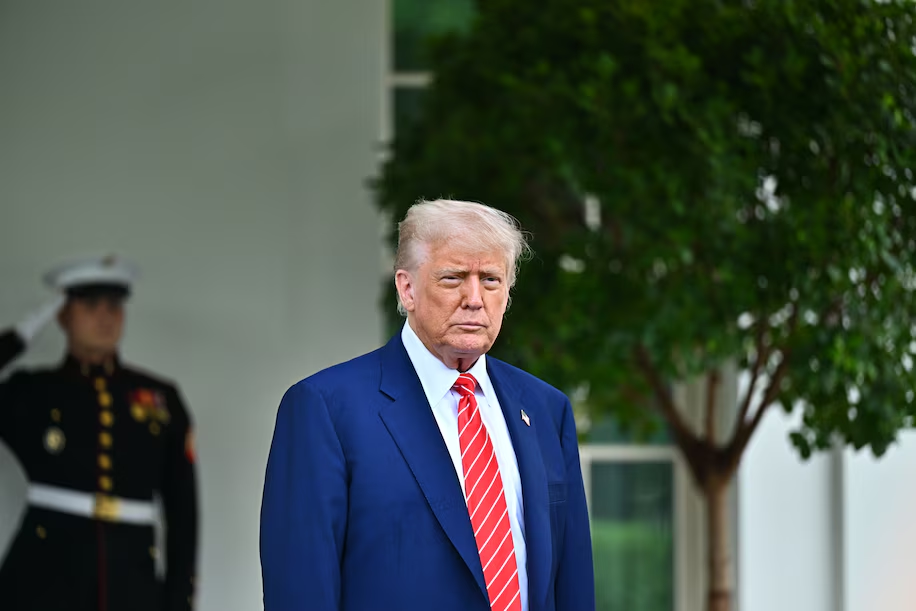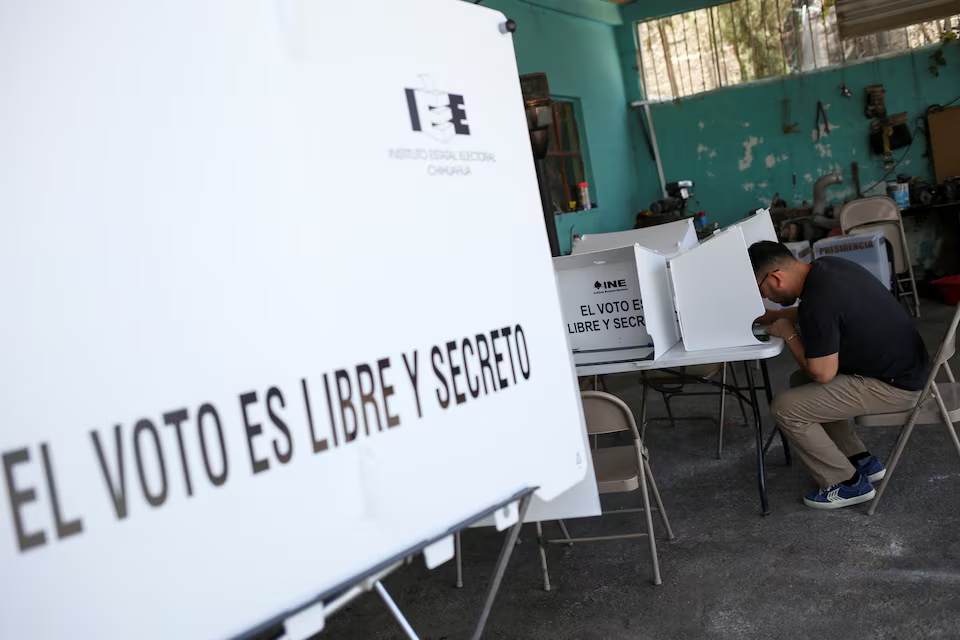Sudan’s Prime Minister Osman Hussein has officially dissolved the government, state media reported on Sunday, June 1, marking a dramatic escalation in the country’s ongoing political crisis. The decision comes amid deepening internal conflict and a rapidly deteriorating humanitarian situation across the war-torn nation.
According to Sudan’s state news agency (SUNA), Hussein issued a decree dissolving all ministries and federal agencies, although no specific details were provided about the motivations or the structure of any future transitional government. The move has sparked widespread uncertainty over the leadership’s next steps and the potential for renewed political realignment in a country already fragmented by civil war and regional power struggles.
This development comes as Sudan continues to grapple with a brutal civil conflict between the Sudanese Armed Forces (SAF), led by General Abdel Fattah al-Burhan, and the paramilitary Rapid Support Forces (RSF), commanded by Mohamed Hamdan Dagalo, also known as Hemedti. The war, which began in April 2023, has devastated much of the country, displaced millions, and led to accusations of war crimes and ethnic cleansing.
The dissolution of the government follows months of increasing political isolation for the civilian leadership, which has struggled to assert authority as military and paramilitary factions wage intense battles in Khartoum, Darfur, and other key regions. With no unified national administration functioning effectively, essential services have collapsed, and large areas of the country remain outside government control.
SUNA’s report noted that Prime Minister Hussein’s decree included the suspension of ministers, state ministers, and federal commission heads, while the Prime Minister’s office will temporarily oversee government functions. There was no mention of new appointments or plans for an interim cabinet, deepening speculation that the civilian government has effectively relinquished its governing role amid the ongoing chaos.
Diplomatic observers have warned that the dissolution may further complicate peace negotiations, which have been repeatedly stalled by mutual distrust between the SAF and RSF. International efforts, led by the African Union, IGAD, and the United Nations, have so far failed to produce a lasting ceasefire.
“This could signal a shift toward complete militarization of Sudan’s governance,” said Ahmed Soliman, a Horn of Africa analyst at Chatham House. “Without a civilian counterbalance, the country risks plunging deeper into authoritarian rule by competing armed factions.”
In recent weeks, the humanitarian situation in Sudan has grown increasingly dire. The United Nations estimates that more than 10 million people have been displaced internally or across borders. Access to food, healthcare, and basic shelter remains critically limited, with international aid agencies reporting widespread insecurity and looting.
The international community has responded with concern to the government’s dissolution. The U.S. State Department issued a brief statement calling for the protection of civilians and the urgent resumption of peace talks. “Sudan’s future depends on a political solution that includes all stakeholders, not unilateral moves that deepen instability,” the statement read.
Sudanese civil society organizations have also condemned the dissolution. The Sudanese Professionals Association, a key group in the 2019 uprising that led to the ousting of Omar al-Bashir, said in a statement that the move represents “the complete collapse of civilian governance” and called for mass mobilization to resist military domination.
Prime Minister Hussein, who assumed office in an acting capacity following the 2021 military coup, has had limited authority and faced mounting pressure from both sides of the conflict. With his dissolution of the government, Sudan now faces an even more uncertain political landscape, raising fears that the country’s descent into violence and fragmentation may deepen in the absence of a functioning civilian administration.
Source; Reuters



